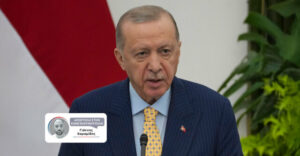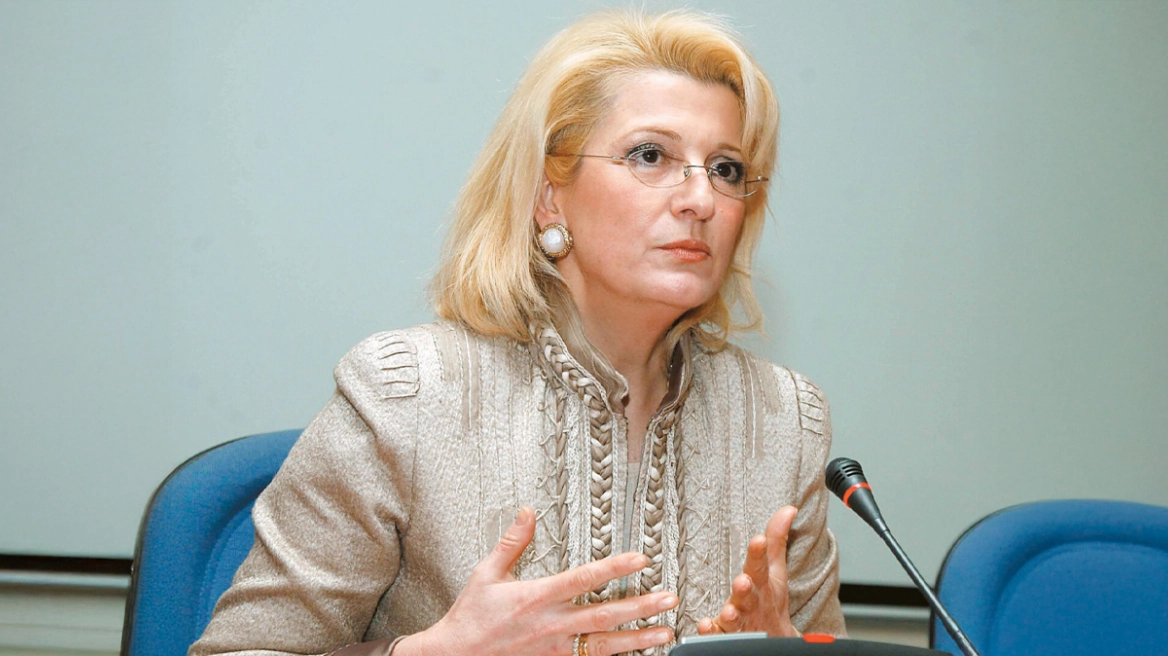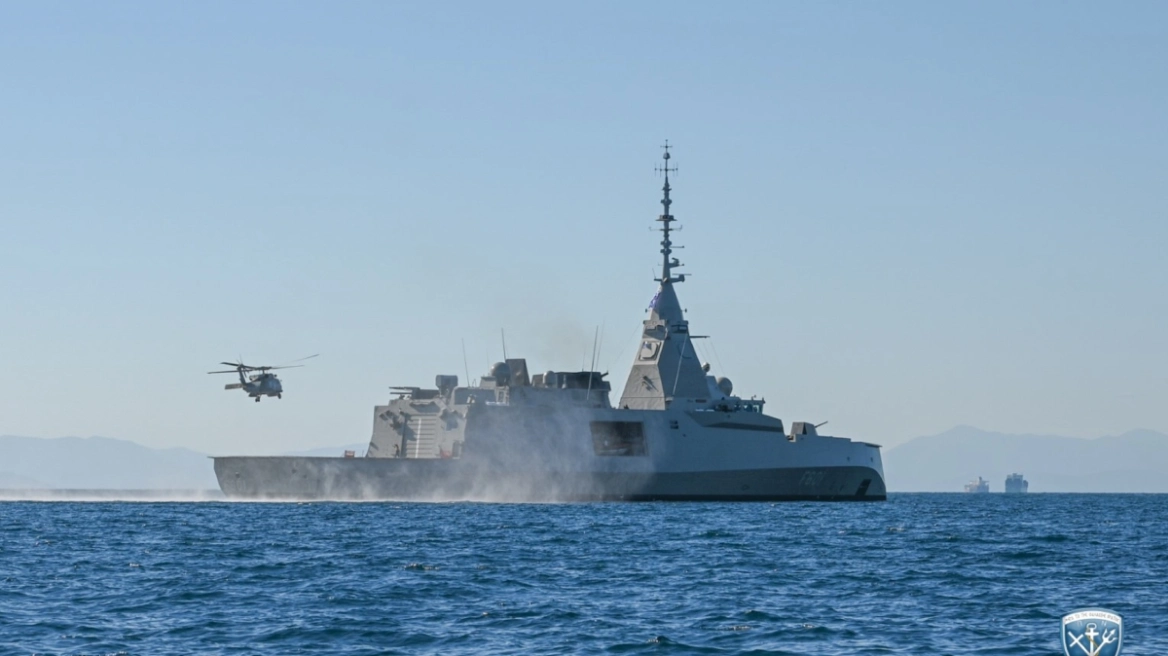Today marks one week since heavy police forces were found with an arrest warrant from Turkish judicial authorities at the home of the mayor of Turkey‘s largest and most historic city. Ekrem Imamoglu also completes four days now in prison and it seems that his time in that penitentiary will be the next big “battle” between the opposition and the government.
The “cards” that Erdogan has chosen to open, apart from the protests in the country’s major urban centers, were also a first serious test from abroad through which the Turkish president wanted to test how far he can stretch the rope without consequences in a second or why not in a third year.
Wins and big risks
With a first week under his belt, Turkey’s president doesn’t seem to be wavering. The demonstrations are a given and the turnout, though large, doesn’t seem to scare him. The fear and pressure that have become commonplace for citizens have kept street participation at modest levels by the country’s standards, and in essence there have been nothing but isolated incidents between protesters and police.
Police, especially in Constantinople, have also shown restraint and there have been few incidents in which a police officer has provoked a crowd. At the same time, the CHP has made it clear that the demonstrations under its auspices will end tomorrow and sent a message that all attention will now turn to the political management of the situation. This step for the government and Erdogan himself is tantamount to a retreat and it is not unlikely that he will try to take advantage of it.
At the same time, if the President of Turkey today proceeds with the second – perhaps even more aggressive – phase of his plan, he may not have the right picture of what is happening. If the interpretation from the CHP’s message and the demonstrations is that he can apply even more pressure, perhaps the thread – and a thin one at that – that keeps society in balance this time may be broken. If especially the AKP government does not do the slightest thing to improve the economic daily life of Turks then maybe that time is not far off.
The end of Ramadan and a big black cloud
March 29 marks the end of the great religious celebration of Ramadan. Students, many of whom have returned to their homes have openly stated that their mobilizations will intensify regardless of whether or not there are restrictions and bans. In the same pattern are the announcements of the labor unions that after several years have hinted that they are not far from deciding to go on a long strike – a move that may, in addition to the problems it will add to the already long list of such that Erdogan has to deal with today, take other sectors to the streets.
It is worth noting that in an extremely rare move, the academics who have after decades called a 24-hour strike at the end of this week will stand by their students in an extremely rare move. In Turkey these moves have traditionally worked like a chain and if this trend is extended then for the first time since 2013 Erdogan will be faced with a country paralyzed by strike action and a society the majority of which will be in no mood to listen to what the President himself has to say. The big black cloud of social discontent is dangerously approaching the Presidential Palace in Ankara and it is very likely that if the “rain” starts there will be major and perhaps crucial “floods”. Erdogan who likes to give immediate – drastic solutions may this time be forced to retreat in order not to be defeated, at least not immediately.
Ask me anything
Explore related questions





